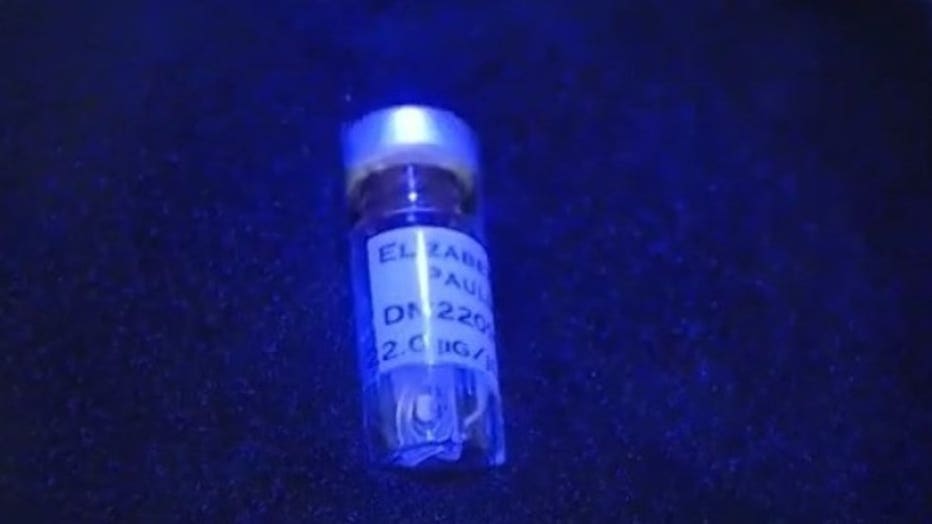Mesa couple sending their DNA to deep space - here's how
MESA, Ariz. - A Mesa couple is heading out of this world - at least their DNA is.
It all started when the couple read an article about a NASA astronaut sending his ashes into space, and they reached out to see if they could be a part of it.
"We've got DNA - we've got cremated remains," said Colby Youngblood, CEO for Celestis Inc. "We even have Celestis mind files, things people write down - ideas - music…that they want to send into space."
Celestis is sending two missions out on one rocket later this year: one that orbits the moon and another that orbits eternally around the sun.
For about $13,000, anyone could have reserved a spot for their DNA to be on board.
"We give the ability to access space to the normal person," said Youngblood.
Elizabeth and Gerry Paulus happen to be among them.
"As a boy, you’re growing up during the space age, and you’re thinking about being an astronaut - but there’s only a few that actually rise to that level," said Gerry.
The process to include your DNA is unique as the entire experience.
"You provide your DNA sample - saliva - and then they have to create the DNA that is a substrate," said Gerry "A powder substrate that is capable of intergalactic travel."

They're in good company. Also on board will be DNA from presidents Eisenhower, Kennedy and Washington.
"It'll be the largest repository of our civilization, the furthest out in space that's ever happened," said Youngblood.
It's the closest Elizabeth and Gerry will even get to space, and closer than most will ever get in their lifetime.
"All of us as humans, we want to be a part of something that’s bigger than ourself," Gerry said. "And this really is part of that journey that we’re looking at into deep space and the unknown. We’re kind of pioneers."
There are no spots left on this mission, but Celestis will be sending another out in the near future. Spots to go into space briefly will cost about $3,000. It'll cost $13,000 to send your DNA permanently into deep space.

